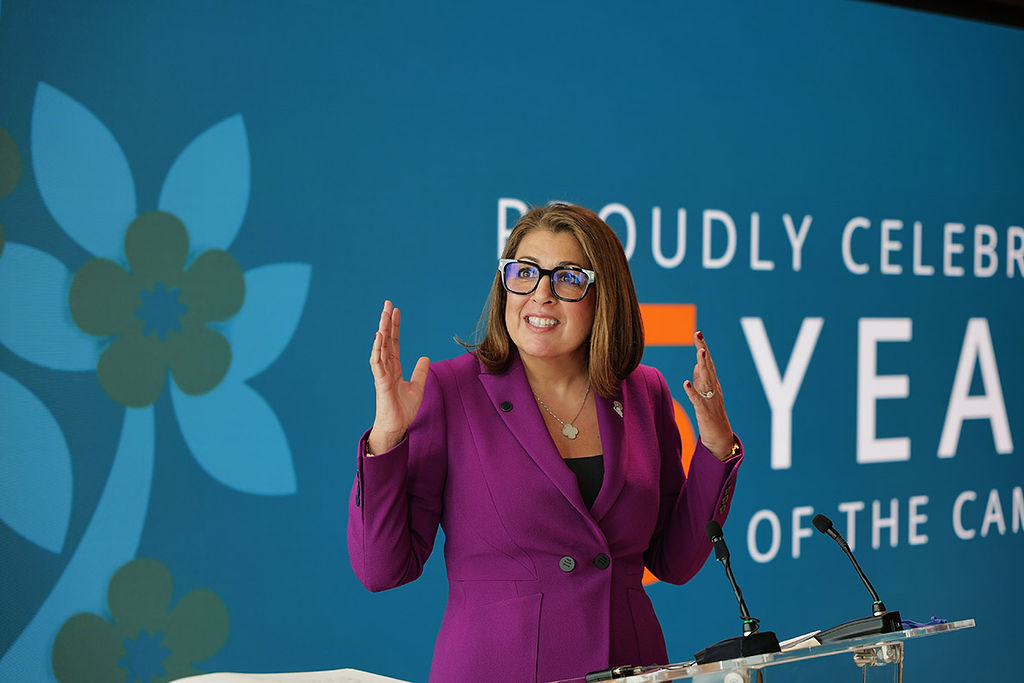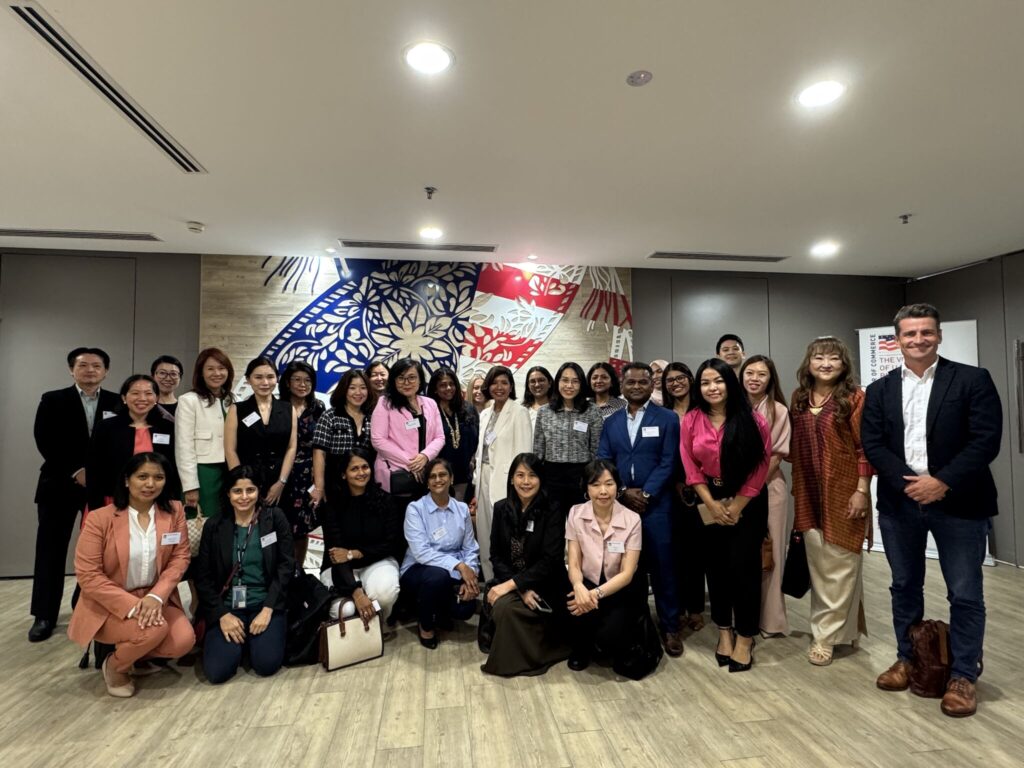
On 26 April 2025, the 30% Club Malaysia proudly partnered with AWS Malaysia and LeadWomen to present an impactful session at the AWS Women in Tech 2025 event, a groundbreaking initiative designed to empower women navigating the fast-evolving technology sector.
The day commenced with an engaging, interactive session titled “Power Moves: LeadHERship in Action.” Marzida Mohd Noor, representing the 30% Club, brought her insights to a dynamic panel discussion focused on real-time leadership challenges, utilizing scenario-based learning.
Her contributions emphasized the importance of making decisive decisions and staying grounded under pressure, offering participants practical strategies for leadership readiness.
The session underscored the evolving expectations of tech leaders and the critical need for confident decision-making in complex situations.
Following this, the 30% Club and LeadWomen co-hosted an empowering workshop, “Resume Power-Up: Beat the Bots & Get Hired!” Led by Jacinta Thein and Liza Liew, the session provided over 100 participants with actionable techniques to craft ATS-friendly resumes, navigate career transitions, re-enter the workforce, and showcase transferable skills effectively.
Attendees were fully engaged, actively reshaping their professional narratives with newfound clarity and purpose.
The high energy in the room reflected more than an interest in resume tactics – it highlighted a strong collective drive among women in tech to take charge of their career journeys with the right tools, language, and mindset.
This full-day event welcomed over 120 attendees, including male allies and 10 enthusiastic AWS staff volunteers, creating an inspiring atmosphere of knowledge-sharing, community support, and personal growth.
We extend our heartfelt gratitude to the AWS Malaysia organizing team, particularly Woan Chyi Ko, for their flawless execution and collaborative spirit, which made this event a resounding success.
The 30% Club remains steadfast in its commitment to advancing women’s leadership at all levels. Events like this demonstrate the transformative impact that arises when industry leaders and changemakers unite to empower women in achieving meaningful career progression.











